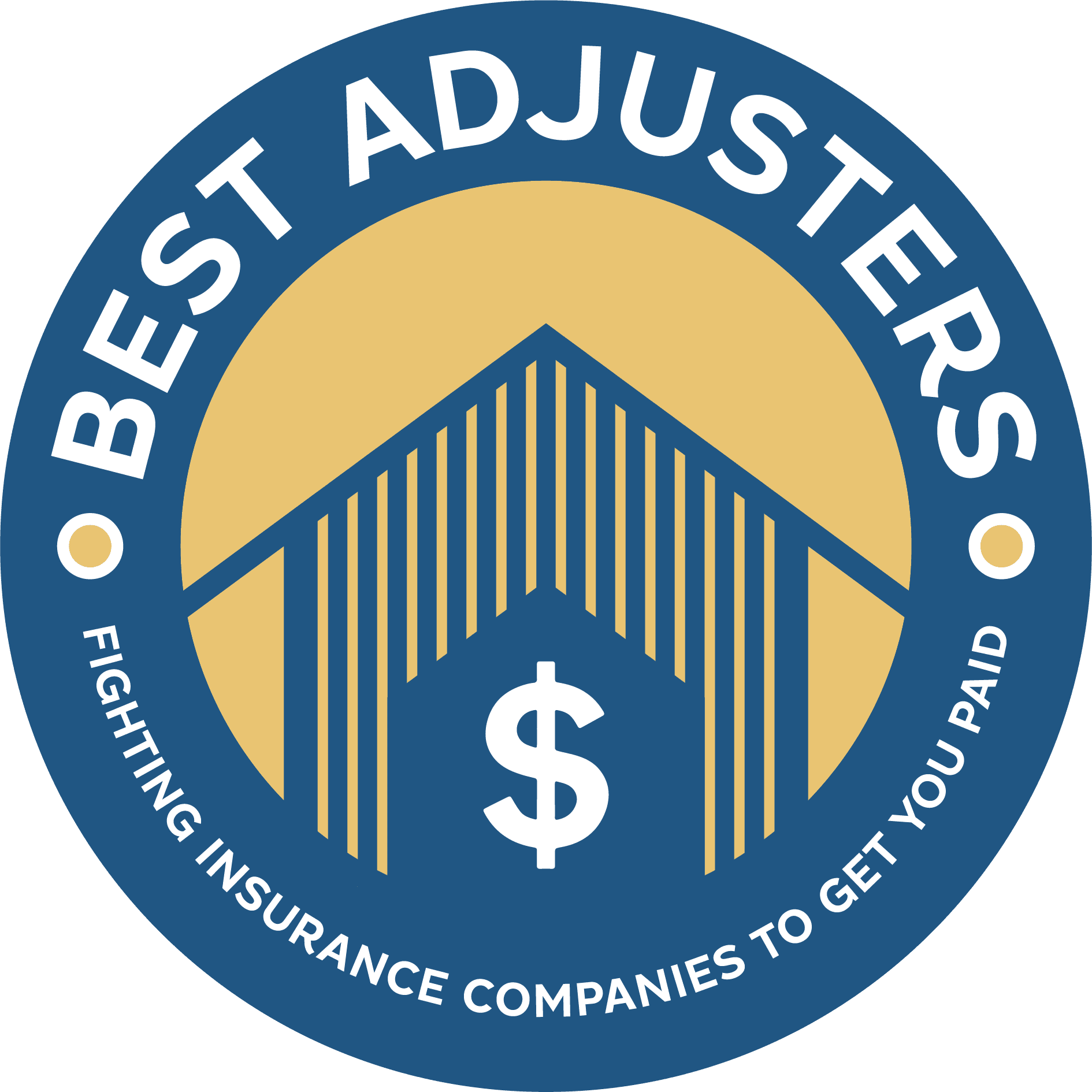Navigating the complexities of commercial insurance for your business can feel like a labyrinth, especially when your claims have been denied or underpaid. The frustration can be overwhelming, and often, you find yourself feeling isolated and powerless against the insurance company’s policies and procedures. Your business is your lifeline, and when a commercial insurance claim doesn’t go as planned, it can severely impact your financial stability and well-being. In this guide, we aim to demystify the role of commercial insurance adjusters and offer you strategies to effectively handle your claims.
What Is a Commercial Insurance Adjuster?
At its core, a commercial insurance adjuster is a professional whose job is to assess the extent of an insurer's liability for a business owner's claim. Their primary goal is to evaluate the damage or loss reported, gather evidence, and determine the amount the insurance company should pay you, as the policyholder. Adjusters can be either:
Company Insurance Adjusters: Employees of the insurance company

who are trained by the insurance company. Their primary interest is to protect the insurance company’s bottom line, not yours.
Independent Insurance Adjusters: Hired by the insurance company but operate independently. Independent adjusters are typically used in times of disaster or heavy claim volume.
Public Adjusters: Professionals hired by business owners to represent their interest, ensuring they receive a fair settlement for their commercial insurance claim. This is where Best Adjusters comes in.
How Do Commercial Insurance Claims Work?
- Incident Occurs: A covered event (fire, flood, theft, etc.) impacts your commercial property, leading to damages.
- Notify Your Insurer: Once the incident occurs, you must immediately notify your commercial insurance company to begin the claims process.
- Adjuster Assignment: The insurance company assigns a claims adjuster who will contact you to schedule an inspection of the damages. This will be either a company adjuster or independent adjuster (see definitions above).
- Inspection and Assessment: The adjuster inspects the property, reviews documents, and gathers evidence to determine the loss's extent.
- Claim Decision: After their assessment, the adjuster submits a report to the insurer, who then decides whether to deny your claim, approve it, or offer a reduced payout.
Challenges Faced by Commercial Policyholders
Claims Denials and Underpayment
One of the most frustrating aspects of dealing with commercial insurance is encountering a denial or an offer that is significantly lower than expected. You might be wondering:
Why was my commercial insurance claim denied?
Claims can be denied for various reasons, including insufficient documentation, policy exclusions, failure to meet the reporting deadline, or disputable coverage issues.
What Can I Do If My Commercial Insurance Claim Is Underpaid?
If you feel the settlement offer is inadequate, it’s crucial to review the adjuster's assessment and your policy details carefully. Gathering evidence, such as repair estimates and photographs, can substantiate your case for a higher payout.
Lack of Communication
Many policyholders report that communication with their insurance adjuster is inadequate. This can leave you feeling lost in the process. Are you experiencing delays? Do you have unanswered questions?
It’s essential to maintain open lines of communication and document every interaction. If needed, escalate your concerns to a supervisor or seek professional guidance from a public adjuster.
Best Practices for Working with Adjusters
Be Prepared and Document Everything
The importance of thorough documentation cannot be overstated when it comes to commercial insurance claims. From the moment an incident occurs, start collecting evidence, including:
- Photographs of the damage
- Receipts for repairs or replacements
- Any correspondence with your insurer
Having detailed records will help support your claim and provide clarity when discussing your case with the adjuster.
Know Your Commercial Insurance Policy
Understanding your insurance policy is crucial. Familiarize yourself with the coverage limits, inclusions, and exclusions applicable to your policy. This knowledge will empower you to ask the right questions and assert your rights during the claims process.
Never Accept the First Offer
It’s in the insurer’s interest to settle claims quickly and for the lowest amount possible. Always take time to assess the offer. Engage with professionals who can help negotiate on your behalf.
Important Questions to Ask Your Adjuster
- What specific information is needed to move forward?
- How long can I expect the claims process to take?
- What factors will influence the payout amount?
- Are there any external assessments I should be aware of?
Asking these targeted questions can provide clarity and keep you engaged throughout the process.
When to Hire a Public Adjuster
If your commercial insurance claim has been denied, underpaid, or you are feeling overwhelmed by the process, hiring a public adjuster can be a crucial step. Here’s how Best Adjusters can help:
We understand the intricacies of the claims process. You won’t have to navigate this challenging terrain alone.
We advocate for your interests. Our expertise ensures that you receive the maximum settlement you’re entitled to.
We thoroughly evaluate your claim, documenting every detail to present a strong case to your insurer.
We handle negotiations with the insurance company directly, saving you the frustration of dealing with adjusters who may be more focused on minimizing payouts than on fairly compensating you for your loss.
At Best Adjusters, our services are tailored to alleviate your stress, allowing you to focus on your business while we work to secure the compensation you deserve. Contact us today for a free consultation and let us take the hassle out of your insurance claim.
